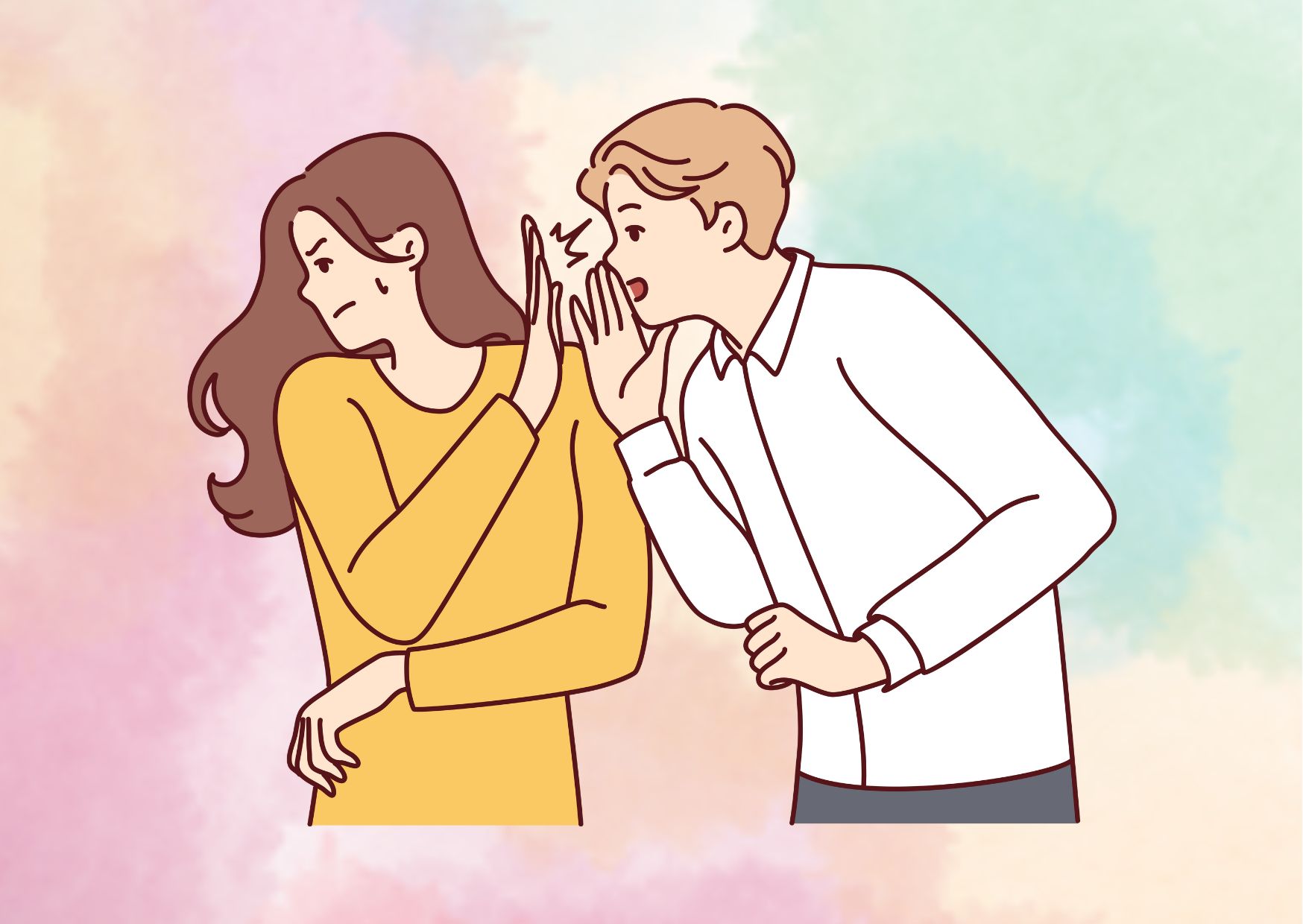Top 15 Red Flags in a Guy You Should Never Ignore
Red flags in a relationship are warning signs that something isn’t quite right. These red flags can signify underlying issues or incompatibilities that, if left unaddressed, could lead to an unhealthy or even toxic dynamic. Recognizing these red flags early on is crucial because they allow you to evaluate whether the relationship aligns with your values, needs, and boundaries.
In this article, we’ll explore some of the most common and significant red flags to watch out for when dating or being in a relationship with a man. From dishonesty and lack of empathy to controlling behavior and manipulation tactics like love-bombing, we’ll delve into various concerning behaviors that shouldn’t be ignored. Understanding these red flags can empower you to make informed decisions and prioritize your well-being in romantic partnerships.
What are red flags in a relationship?
Red flags in a relationship are warning signs that indicate unhealthy or manipulative behavior. They are not always recognizable at first — which is part of what makes them so dangerous. However, they tend to grow bigger and become more problematic over time. Red flags are often used in conversations around toxic or abusive relationships. Toxicity can present itself in any close relationship: friends, colleagues, family members, or partners.
Red flags in a guy or girl can be signs of narcissism, aggression, victimization, or even abusive behavior. By becoming aware of some common red flags, you can avoid getting involved in a toxic relationship. When you encounter relationship red flags, it’s a good time to pause and reflect on the dynamic you really share with that person.
Often, toxic behavior is subtle and insidious. It creeps up on us in moments of weakness, and if we cannot fight against it, it can take control over our lives. This can lead to both ourselves and those around us getting hurt. Cultivating self-awareness around red flags and toxic behavior can help us avoid them altogether.
Throughout all contexts, the term “red flag” signifies a reason to stop. Red flags are thrown in sports when a game is halted because of a foul, and they are waved on race car tracks when conditions are too dangerous to continue down the road. Red lights signal us to stop our vehicles on the road, and red tape cautions us from going beyond a certain point.
“In relationships, red flags are signs that the person probably can’t have a healthy relationship and proceeding down the road together would be emotionally dangerous,” explains Dr. Wendy Walsh, PhD, a clinical psychologist who specializes in relationships.
Note that red flags in a relationship might not be obvious. While some are very clear, many might present more as a clue or a hint that there’s an underlying problem. Also, it can take some time for a red flag to present in a relationship.
It’s important to understand the difference between a red flag and a yellow flag. Ultimately, red flags indicate a reason to cease or back away from a relationship, while yellow flags are less severe and instead caution us to slow down. Often, yellow flags vary according to your personal needs and wants in a relationship while a red flag is more universal in nature.
“[For example], a yellow flag might include difficulty with emotional communication that the person is aware of and working on,” says Dr. Walsh. “A red flag might be someone with a history of domestic violence, chronic cheating, or substance abuse.”
Common Red Flags in Relationships with Men
Red flags in a relationship are warning signs that indicate potential issues or incompatibilities. They can manifest in various forms, such as controlling behavior, lack of trust, abuse (physical, emotional, or mental), substance abuse, narcissistic tendencies, anger management problems, codependency, conflict avoidance, jealousy, gaslighting, low emotional intelligence, lack of communication, and social isolation. It’s crucial to recognize these red flags early on to evaluate whether the relationship aligns with your values, needs, and boundaries.
15 Red Flags in a Relationship to Look Out For
- Overly Controlling Behavior: People who try to control your movements, decisions, or beliefs are more concerned about what they want than what’s best for you. If a partner tries to dictate what you wear or where you go, it’s a red flag.
- Lack of Trust: Trust is an essential foundation in any healthy relationship. A major sign of an unstable relationship is when partners distrust each other without valid reasons.
- Physical, Emotional, and Mental Abuse: Any form of abuse, whether physical, emotional, or mental, is an undeniable red flag. Abuse can cause long-lasting trauma and should never be tolerated.
- Substance Abuse: Addiction to drugs or alcohol can quickly turn a relationship toxic, as it indicates a struggle with impulse control and self-destructive habits.
- Narcissistic Tendencies: Individuals with narcissistic personality disorder exhibit self-obsession and a misplaced sense of importance. They believe the world revolves around them, leading to turmoil and chaos in relationships.
- Anger Management Issues: If a partner has difficulty regulating their emotions, you might feel threatened or unsafe during conflicts.
- Codependency: While not always toxic, codependency in relationships can lead to emotional exhaustion and an unhealthy power dynamic.
- Conflict Avoidance: Avoiding conflicts might seem like a way to protect the relationship, but it often leads to passive aggression and unresolved issues.
- Excessive Jealousy: While some jealousy is natural, allowing it to cloud your judgment and control your partner’s actions is a red flag.
- Gaslighting: This manipulation tactic involves making you question your own reality, judgments, or sanity, which is a form of emotional abuse.
- Low Emotional Intelligence: Partners with low emotional intelligence struggle to empathize with your feelings, often resulting in unnecessary conflicts or manipulation.
- Lack of Open Communication: If your partner is unwilling to communicate openly and address issues, it can lead to a breakdown in the relationship.
- Social Isolation: While not everyone has a large social circle, a complete lack of friends or close relationships can be a red flag.
- Dishonesty and Deception: Lying, withholding information, or being deceitful in any way erodes trust and can be a sign of deeper issues.
- Incompatible Values and Goals: If your core values, beliefs, or life goals are fundamentally incompatible with your partner’s, it can lead to ongoing conflicts and resentment.
Remember, recognizing these red flags early on can empower you to make informed decisions and prioritize your well-being in romantic partnerships.
Controlling Behavior
Controlling behavior is a major red flag in a relationship. A partner who tries to control various aspects of your life, such as who you see, where you go, how you spend your money, what you do online, what your body looks like, what you eat, or even what you wear, likely has deep personal issues they must work on. This type of behavior stems from a desire for power and dominance over the other person, and it can quickly escalate into an abusive dynamic.
Lack of Trust
Persistent jealousy and distrust are concerning red flags in a relationship. A partner who is constantly suspicious, accusing, or questioning your actions, words, or whereabouts likely has underlying insecurity and control issues. A healthy relationship is built on mutual trust and respect, but when one partner consistently doubts the other without valid reasons, it can create an environment of tension, resentment, and emotional turmoil.
Putdowns or Criticism
Criticism and putdowns that attack your partner’s character or make them feel inferior, invalidated, or worthless are significant red flags. While constructive feedback is essential in any relationship, relentless criticism and belittling comments can be emotionally damaging and erode self-esteem. This behavior often stems from a place of contempt and superiority, and it can pave the way for further emotional abuse.
Abuse (Physical, Emotional, Mental)
Any form of abuse, whether physical, emotional, or mental, is an undeniable red flag that should never be ignored. Physical abuse can involve hitting, slapping, or any form of violence, while emotional abuse can manifest through verbal insults, intimidation, or manipulation. Mental abuse can include gaslighting, where the abuser makes the victim question their reality or sanity. Abuse is a serious issue that can have long-lasting traumatic effects, and it is crucial to recognize these red flags and seek help or remove oneself from the situation.

